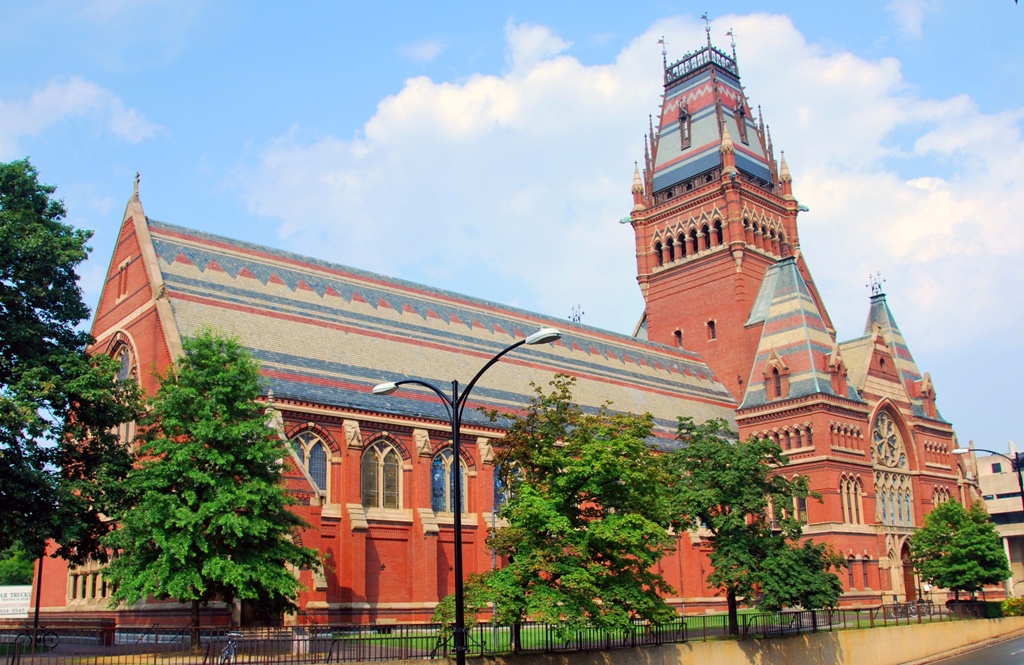The United States Department of Homeland Security announced on Wednesday, July 9, that it will issue administrative subpoenas to Harvard University over its Student Visitor and Exchange Program.

The move comes after the university repeatedly declined to provide requested information related to its certification under the program, despite several earlier attempts by the government to obtain it through non-coercive means.
ALSO READ: Donald Trump signs proclamation to ban new foreign students from Harvard University
“We tried to do things the easy way with Harvard. Now, through their refusal to cooperate, we have to do things the hard way,” said Assistant Secretary Tricia McLaughlin. “Harvard, like other universities, has allowed foreign students to abuse their visa privileges and advocate for violence and terrorism on campus. If Harvard won’t defend the interests of its students, then we will.”
The subpoenas, issued by Immigration and Customs Enforcement, require Harvard to submit records, communications, and other documents connected to the enforcement of immigration laws dating back to January 1, 2020. The action is related to concerns over disciplinary disparity involving nonimmigrant students.
On April 16, 2025, Homeland Security Secretary Kristi Noem formally requested that Harvard hand over details about criminal activities and misconduct involving foreign students. At the time, she warned that failing to comply with the order could lead to the termination of the university’s certification under the Student and Exchange Visitor Program. On May 22, she directed DHS to move forward with that termination.
ALSO READ: Harvard University condemns Trump admin’s ban of foreign student enrollment as ‘unlawful’
As Secretary Noem explained in a recent opinion piece published in the Washington Post, the department had given Harvard several opportunities to provide the required information on its own timeline. Because the university repeatedly refused to comply, she said issuing subpoenas was the only remaining option for the department.
Officials also noted that other universities and institutions should consider Harvard’s example and the consequences that followed when deciding how to respond to similar requests from the government.


